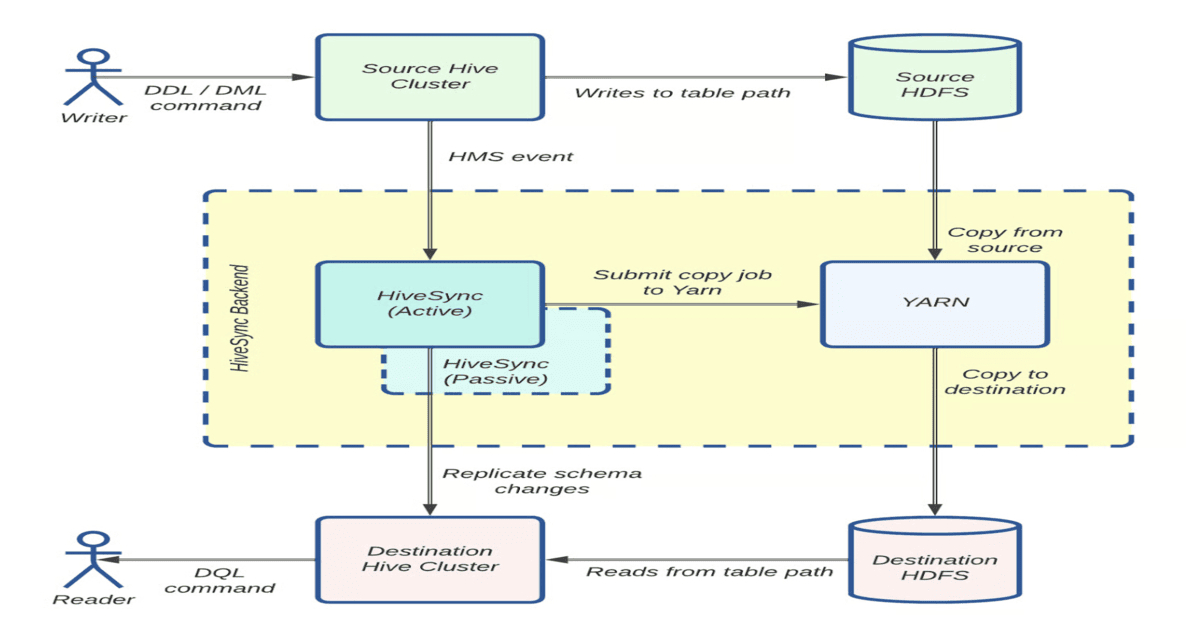Codetown
Codetown ::: a software developer's community
Groovy and Grails biggest problem...
Replies to This Discussion
-
Permalink Reply by Zemian Deng on July 22, 2008 at 11:19am
-
Robert Dempsey said:What I am looking for is performance comparisons of Groovy/Grails with other frameworks combined with Java such as Spring.
Hello Robert, Have you explored Scala programming? It gives you the short and flexibility of Groovy like expressiveness, but yet has good performance as close as to Java itself! Scala is static typed instead of dynamic though. Check out other post I made few days ago under Other JVM Group on this site see if you like it.
-Z -
-
Permalink Reply by Jim Moore on August 27, 2008 at 10:36pm
-
What needs to be performant and why? Things like Twitter are built on a notoriously slow platform (ie, Ruby on Rails) but it's plenty fast enough.
Grails is obviously slower than Spring MVC since it's built on old versions of Spring MVC and Spring WebFlow. Does it matter? For the vast majority of web sites the answer is trivially simple: No.
Scala is faster and slower than Java depending on what you're doing. Groovy is slower than both, but who cares? It's more than fast enough for what it's used for.
If you really need speed, write in assembly code. If you think that's not reasonable, then ask yourself why you're willing to sacrifice that speed to be able to write in Java. Then apply the same reasoning to why you would program in something like Grails.
Note that I'm not saying that you should use Grails, just that looking at performance without solid reasons *why* is well beyond foolish. -
-
Permalink Reply by Jackie Gleason on October 15, 2009 at 5:07pm
-
There are some performance issues (For example I have been told my IDE friendly specific typing can cause issues) that make Scala/Java better for some high volume projects. However, for simplicity and readability groovy is a better way to develop, IMHO
Jackie -
-
Permalink Reply by John Thompson on January 3, 2010 at 8:03am
-
To answer adoption - Grails is becoming more and more mainstream. Sky.com, Wired, and Walmart (specifically mp3.walmart.com) are some notable sites using Grails.
In benchmarking, yes, Grails is slower. But improvements are being made, both to Groovy and Grails itself.
And benchmarks are generally useless in the real world. Every application is different. Bad code, poor database design, poor technology choices, etc are going to have a far greater impact then the language used.
Where performance is an issue, you can always use Java (or Scala). In fact, much of the Grails framework is in Java, not Groovy. It all comes down to using the right tool for the job.
Also - in the age of distributed computing, I need to ask who cares if there is a 20-30% performance penalty. What does it matter if you need to spool up another VM or two in the cloud? -
Notes
Welcome to Codetown!
 Codetown is a social network. It's got blogs, forums, groups, personal pages and more! You might think of Codetown as a funky camper van with lots of compartments for your stuff and a great multimedia system, too! Best of all, Codetown has room for all of your friends.
Codetown is a social network. It's got blogs, forums, groups, personal pages and more! You might think of Codetown as a funky camper van with lots of compartments for your stuff and a great multimedia system, too! Best of all, Codetown has room for all of your friends.
Created by Michael Levin Dec 18, 2008 at 6:56pm. Last updated by Michael Levin May 4, 2018.
Looking for Jobs or Staff?
Check out the Codetown Jobs group.
InfoQ Reading List
Google Cloud Brings Full OpenTelemetry Support to Cloud Monitoring Metrics

Google Cloud recently unveiled broad support for the OpenTelemetry Protocol (OTLP) in Cloud Monitoring, marking a step toward unifying telemetry collection across its observability stack.
By Craig RisiAWS Launches Agent Plugins to Automate Cloud Deployment

AWS launched Agent Plugins for AWS, providing AI coding agents with specialized deployment skills. The initial deploy-on-aws plugin transforms workflows by accepting commands like "deploy to AWS" and generating complete pipelines with architecture recommendations, cost estimates, and infrastructure code. Supported in Claude Code and Cursor, AWS claims 10-minute deployments versus hours manually.
By Steef-Jan WiggersGoogle Enhances Node Pool Auto-Creation Speed for GKE Clusters

Google Cloud has optimised GKE's node pool auto-creation, significantly cutting "Time to Ready" for massive clusters. By improving control plane communication and request batching, GKE now provisions resources faster, rivalling tools like Karpenter. The update enhances scaling reliability and stability for high-volume AI and batch workloads, automatically rolling out across supported versions.
By Mark SilvesterGitHub's Points to a More Global, AI-Challenged Open Source Ecosystem in 2026

GitHub has released its yearly look at open-source trends. They used data from the Octoverse 2025 report to help the open-source community get ready for the coming year. The picture that emerges is one of extraordinary scale and the structural strains that come with it.
By Claudio MasoloHybrid Cloud Data at Uber: How Engineers Solved Extreme-Scale Replication Challenges

Uber’s HiveSync team optimized Hadoop Distcp to handle multi-petabyte replication across hybrid cloud and on-premise data lakes. Enhancements include task parallelization, Uber jobs for small transfers, and improved observability, enabling 5x replication capacity and seamless on-premise-to-cloud migration.
By Leela Kumili
© 2026 Created by Michael Levin.
Powered by
![]()